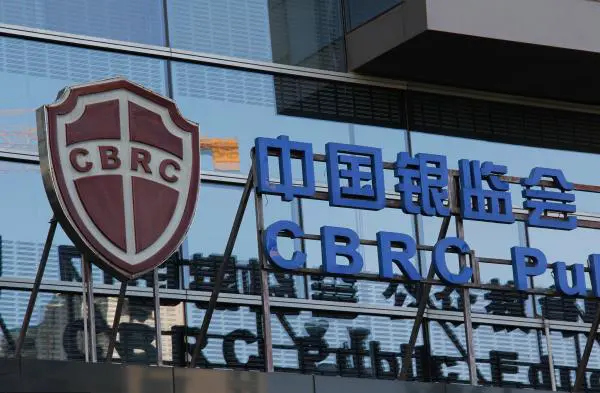At least three people were shot dead in two western Bangladesh districts Monday as riots erupted last week over the conviction of the country's largest Islamist party leader for war crimes continued to the fifth consecutive day.
Monday's deaths, one in Sirajgonj and two in Satkhira, raised the toll in the five days of the riots over the conviction of Bangladesh Jamaat-e-Islami party leader Delwar Hosssain Sayeede for war crimes to 71 including at least 22 on Sunday.
Most of the deaths were reported in the incidents of violence erupted soon after the International Crimes Tribunal (ICT)-1 pronounced the verdict Thursday afternoon on a crime against humanity case, awarding death sentence to the Jamaat's Vice President Sayeede, believed to be the second most important leader of the party.
Protesters set fire during a countrywide general strike in Dhaka, capital of Bangladesh, March 4, 2013. (Xinhua/Shariful Islam)
Hundreds of others including cops have also been injured in the riots, thought to be the worst since the country's war of independence in 1971.
On Monday, police also fired rubber bullets and tear gas to disperse Jamaat protesters in the capital Dhaka and elsewhere in the country, after they tried to launch marches following the party's non-stop 48-hour hartal since Sunday morning, leaving scores of people injured.
Dozens of cops were also injured in the incidents of clashes in many Bangladesh districts as the protesters retaliated with stones and brickbats. Protesters also hurled cocktails and handmade bombs at police in parts of Bangladesh.
Miscreants reportedly blasted a homemade bomb Monday afternoon near Dhaka Sonargaon Hotel where Indian President Pranab Mukherjee, who arrived in the Bangladesh capital Sunday on a three-day tour, has been currently staying.
Unidentified miscreants also set afire several compartments of an intercity train in Dhaka's central Kamalapur Railway Station on Monday evening. In the last few days hundreds of vehicles were either burned or smashed throughout the country.
Along many major roads Monday, strike supporters put up road block with burning tyres and trees.
Bangladeshi students attend a procession protest against a countrywide general strike in Dhaka, capital of Bangladesh, March 4, 2013. (Xinhua/Shariful Islam)
Army personnel were deployed in Bangladesh's northwestern Bogra district Sunday morning as thousands of pro-hartal picket fought pitched battles with the law enforcers in the fourth day of riots.
Thousands of anti-riot police and ruling party men were on the streets of the Bangladesh's capital city as Jamaat, key ally of the main opposition alliance, launched the non-stop general strike demanding immediate release of Sayedee and other top leaders. Apart from eight Jamaat high-ups, a few leaders of ex-Prime Minister Khaleda Zia's Bangladesh Nationalist Party (BNP) are also facing trials.
Khaleda Zia's BNP Friday declared a nationwide dawn-to-dusk hartal for Tuesday protesting what it said government's corruption, misrule, oppression and "mass killings" since Thursday.
On account of the Jammat's hartal Monday, the usually busy streets of the capital looked almost deserted as most means of private transportation remained off the roads.
Prime Minister Sheikh Hasina's government, which is determined to try the war criminals, said BNP and its ally were trying to create anarchy in the country to save those who committed crimes against humanity during the country's nine-month independence war against Pakistan in 1971.
But Jamaat said Hasina's ruling Bangladesh Awami League Party has targeted the party in its attempt to split Khaleda Zia-led 18- party main opposition alliance which has been demanding parliament polls, slated for 2014, under a neutral government.
Women villagers of pro-hartal picket attend a strike in Sirajganj district, some 134 km northwest of Bangladesh's capital Dhaka, March 4, 2013. (Xinhua)
Muslim-majority Bangladesh was called East Pakistan until 1971. Hasina's government said about 3 million people were killed in the war although independent researchers think that between 300,000 and 500,000 died.
After returning to power in January 2009, Hasina, the daughter of Bangladesh's independence hero Sheikh Mujibur Rahman, established the first tribunal in March 2010, almost forty years after the 1971 fight for independence from Pakistan.
 简体中文
简体中文

